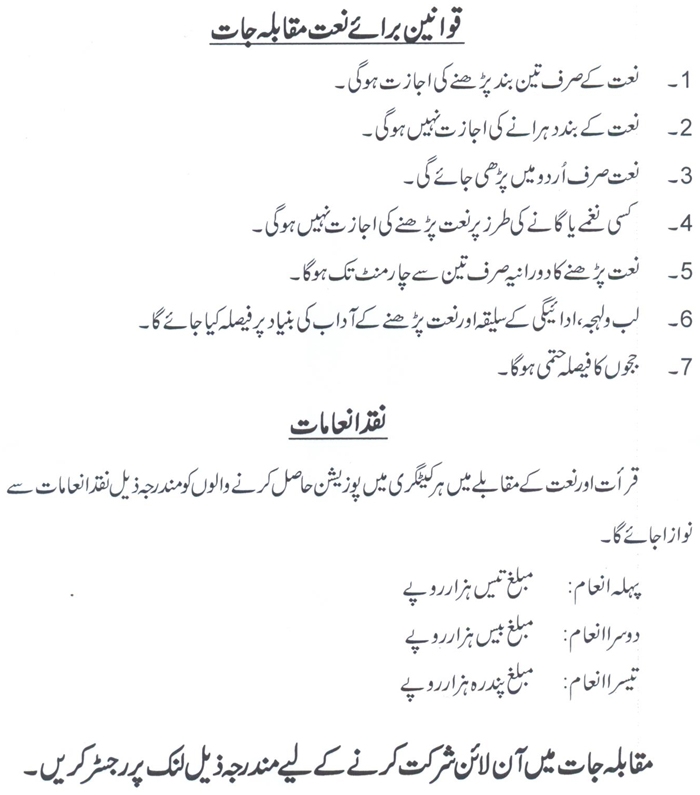

Later, especially in the post 1857-era, a number of Urdu poets composed naat full of pathos of the particular situation. Mohsin Kakorvi was the first Urdu poet to have devoted all his poetical talent to compose naat only.

These two poets have to their credit a collection of naat poetry each, which was a unique distinction as till then no Urdu poet had published a collection of poetry consisting entirely of naat. Then Hafiz Lutf Barelvi enriched the genre of naat.Īfter this early phase, Mohsin Kakorvi and Ameer Meenai perfected the art of naat poetry in Urdu in the last quarter of the 19th century. Another poet who played a role in popularizing naat in Urdu in early phase was Maulana Ghulam Imam Shaheed.

Maulana Kaafi was an Islamic scholar from Muradabad and was hanged in 1858 by the British for taking part in India’s 1857 war of freedom. It is Maulana Kifayat Ali Kaafi who is credited with making naat a distinct genre. Though major poets of Urdu, such as Qulli Qutub Shah, Vali Dakani, Mirza Sauda, Mir Taqi Mir, Maumin, Karamat Ali Shaheedi and Ghalib wrote couplets praising the Prophet of Islam (PBUH), it was not until the first half of the 19th century that naat in Urdu poetry became a recognised and distinct poetical genre all by itself. Since almost every Urdu poet has composed at least a few couplets in praise of the Prophet (PBUH), the history of Urdu naat poetry is as old as Urdu poetry itself. The tradition of composing naat poetry in Urdu has a long history.

From Arabic, naat reached a large number of world literatures, including Persian, Urdu, Turkish, Punjabi, Sindhi, Pashtu, Seraiki and many more. The earliest naat was written in Arabic during the lifetime of Prophet Muhammad (PBUH). In Arabic poetry, the genre naat does exist but it is called ‘madh’ or ‘madeeh’. A poem with praise of Prophet Muhammad (PBUH) is also called naat in Urdu. In Urdu, naat means the praise of Prophet Hazrat Muhammad (PBUH). NAAT is an Arabic word and it means, literally, praise.


 0 kommentar(er)
0 kommentar(er)
